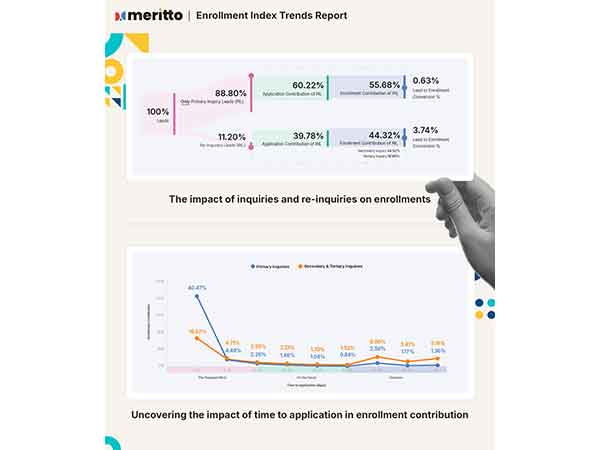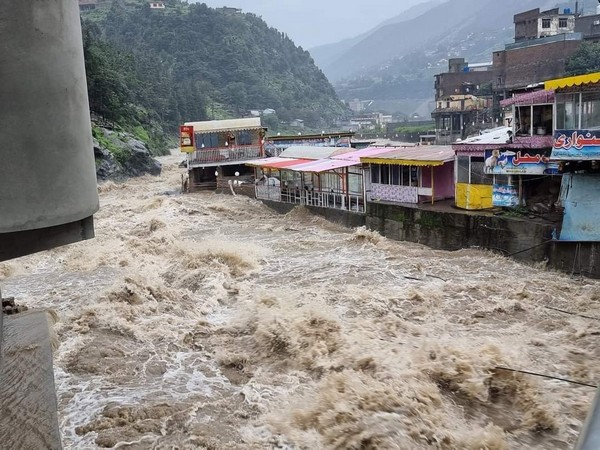Covid pandemic primary factor behind lowest deficit in 5 years: Acuite
Apr 17, 2021

Mumbai (Maharashtra) [India], Apr 17 : Acuite Ratings and Research has said the trade data release for March confirms what was already visible earlier -- a sharp reduction in merchandise trade deficit.
India had a trade deficit of only 98.6 billion dollars in FY21, the lowest in the last five years and almost 50 per cent lower compared to the levels seen in FY19.
Clearly, said Acuite, the economic disruption alongwith sharply lower crude oil prices and also a buoyancy in commodity exports have contributed to such a curtailment in deficit in FY21.
With the net trade in services being largely steady at 86 billion dollars versus 83 billion dollars in FY20, the consolidated trade deficit for goods and services have dropped down from 70.2 billion dollars to 12.7 billion dollars.
However, FY21 has been an aberration and the increasing normalisation and recovery of the economy from H2 FY21 have led to the monthly merchandise trade deficit gradually converging to the median levels of 13 billion to 15 billion dollars seen in FY19-20.
What has articularly contributed to the normalisation is the steady pickup in gold imports since December 2020, touching 8.49 billion dollars in March 2021.
Notwithstanding the large base effect due to the lockdown in March 2020, the growth of 60.3 per cent in overall exports in March 2021 has been far more broad-based than in the earlier months with a healthy revival in petroleum products and gems and jewellery sector apart from steady shipments in engineering goods, pharmaceuticals, chemicals and primary commodities like rice and iron ore.
On the other hand, said Acuite, imports have gradually normalised with non-crude and non-gold imports (adjusting for the sharp spurt in gold imports) also largely broad-based and climbing by 47.3 per cent in March 2021 on a YoY basis.
What is encouraging to note is the strong 60.1 per cent growth in capital goods imports which reflects a potential pickup in capital expenditure although its sustainability at a sequential level needs to be seen.


















